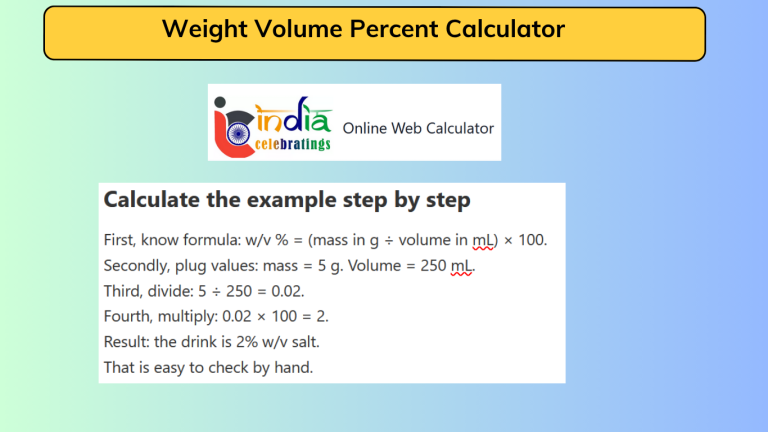Roof Weight Calculator
What is Roof Weight Calculator?
Imagine you have a plain roof and you want to know how much it weighs. A roof weight calculator helps you find that weight quickly. It uses the size of the roof and the material’s weight per unit area to compute the total.
It works when you know the length, the width and the density of the roofing material. It suits homeowners, builders or engineers who want to ensure the structure is safe and the support is enough.
Why you should calculate your roof weight
Suppose an engineer is teaching a team on site and he says: “We have a roof that is 30 ft long and 20 ft wide, and we are using asphalt shingles that weigh about 3 lb per square foot. Let’s calculate the total roof weight to check the supports.”
That example shows you why we measure: to assess whether the beams, trusses and supports can handle the load. If you skip this, you might overload the rafters or cause damage. Thus calculating is a practical step before installing heavy materials or adding solar panels.
How to calculate with a real life example
Now we walk through the steps.
- First know the formula: Roof Weight = Roof Length × Roof Width × Density (weight per unit area).
- I pick the numbers from our example: Length = 30 ft, Width = 20 ft, Density = 3 lb/ft².
- Multiply length by width: 30 × 20 = 600 ft².
- Then multiply by density: 600 × 3 = 1,800 lb.
- So the total roof weight is 1,800 pounds.
- If you convert to kilograms (roughly 1 lb ≈ 0.4536 kg): 1,800 × 0.4536 ≈ 816.5 kg.
In this way, the engineer shows his student clearly how each step builds on the previous and how you reach the final weight number.
FAQs
Q1: Can I use a roof weight calculator for metal roofing?
Yes, you can. You just need to know the correct density (weight per unit area) for that metal material and then follow the same formula.
Q2: What if my roof has multiple slopes or angles?
In that case you break the roof into simpler rectangular areas or adjust the width/length for slope, calculate each part and then add them up for the total.
Q3: Why is the roof material density important?
Because different materials (asphalt, metal, tile, slate) weigh very differently per square foot. A wrong density will give an inaccurate total weight, which might mislead your design or support checks.
Tip:
As a quick trick, you can multiply the roof area by the material weight per square foot manually so you get a rough weight instantly. But using a calculator tool saves time and reduces errors, so it’s smart to use one.


